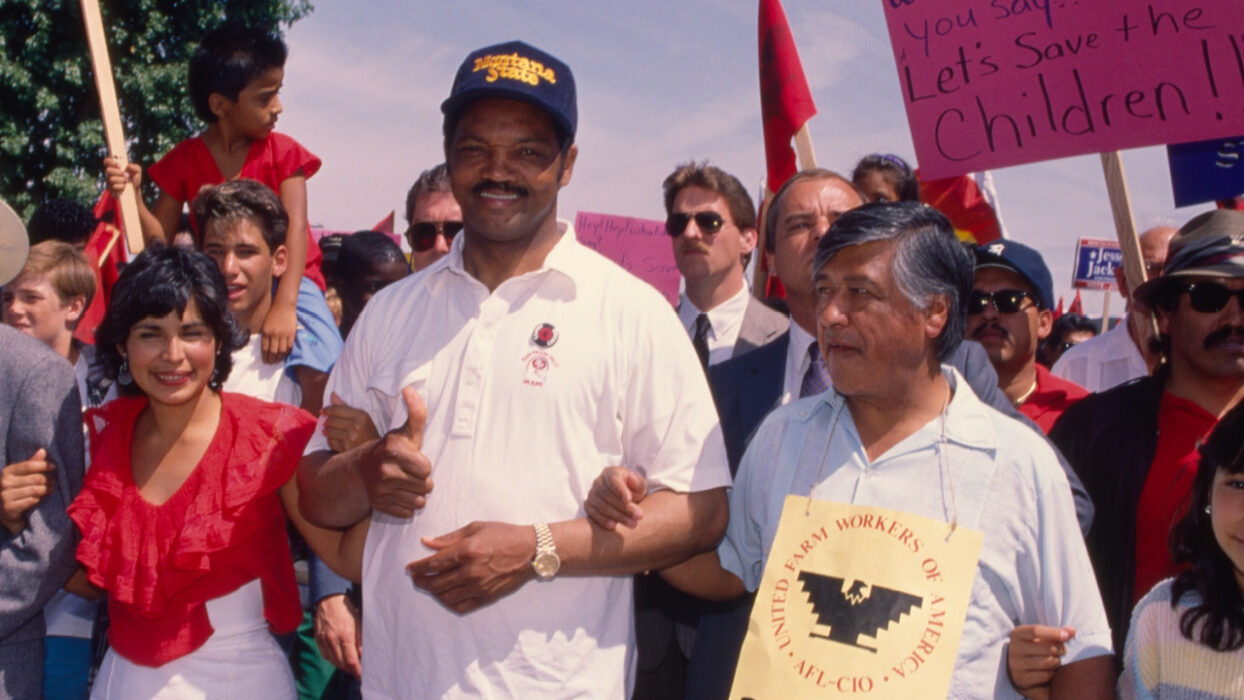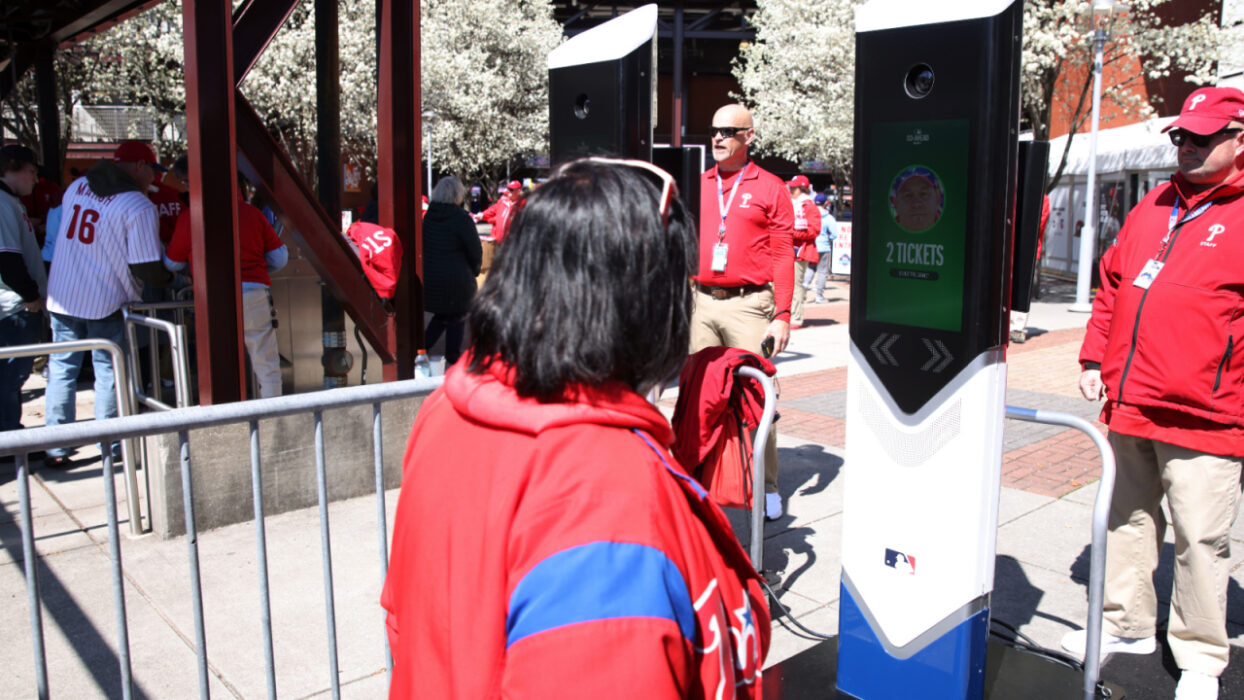
Nestlé Created a ‘Floating Supermarket’ Boat That Sold Junk Food To Brazilians Living In Remote Areas
via Getty
Many people think problems like obesity and diabetes are the problems of rich countries like the U.S. But the reality is, times are changing. As junk food become more available in developing countries, obesity and diabetes rates are on the rise. In Brazil, obesity rates have risen more than 150% since 2002. And this epidemic is, by and large, thanks to giant food conglomerates like Nestlé.
A new BBC documentary uncovered a “floating supermarket” created by Nestlé that made its way through the Amazon rainforest.
Dr. Chris van Tulleken travelled to the Amazon to investigate the sharp increase in obesity among Brazilians in remote areas. He saw that these Brazilians had drastically changed their diet in recent years. While before, they ate most natural, minimally processed foods, their diet was now full of Nestlé junk food.
“I’ve been to the Amazon several times as a doctor, ten or twelve years ago, in quite remote places and really I just can’t remember ever seeing anyone who was overweight,” Dr. van Tulleken said.
The “floating supermarket” was breathlessly announced by Nestlé in 2010 as an “unprecedented business model” and an “innovation.”
“Nestlé Brasil innovates with the launching of the first floating supermarket to service the riverside populations of the Amazon,” they wrote in a press release. “The estimate is to service a public of 800 thousand people/month, extending the presence of Nestlé brands in the Brazilian homes.”
“The boat would come to town every week and then it would leave, it was like a shopping center,” said Lizete do Carmo Tenório Novaes, a local woman working to reduce childhood obesity in her town. “When it started coming to town the prices were cheaper than the market.”
Sales for processed foods are falling in the developed world. So, giant processed food companies like Nestlé are looking to up-and-coming economies to fill the gap.
I know companies exist to make money, but do these corporate giants have no ethics or humanity at all? That’s rhetorical. I don’t expect an answer.
— Rosemary (@Overfiftyfitnes) May 26, 2021
In the developed world, people are becoming more concerned with their health. Thus, junk food sales have plateaued. But in burgeoning economies like China, South Africa, and Latin America, consumers are buying more and more processed foods. And their health is suffering for it.
“There has been a rise in child diabetes child obesity and high cholesterol in children as young as seven,” Tenório Novaes revealed. “Before we used to have a lot of fish, shrimp, red meat, chicken and everything was fresh.”
Nestlé hit back at claims that their products were solely responsible for the rise in obesity in the Amazon. They told the BBC that their “floating supermarket” was “aimed at broadening access too food and beverages and promoting social development projects in remote communities.” They also added that they spent “£50million in the last five years developing healthier choices” for Brazilians.




